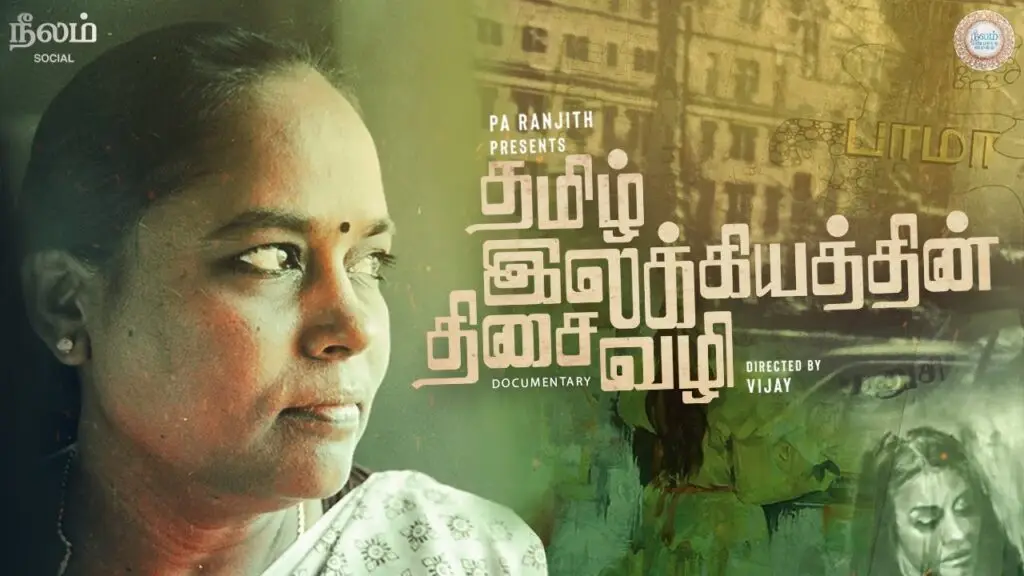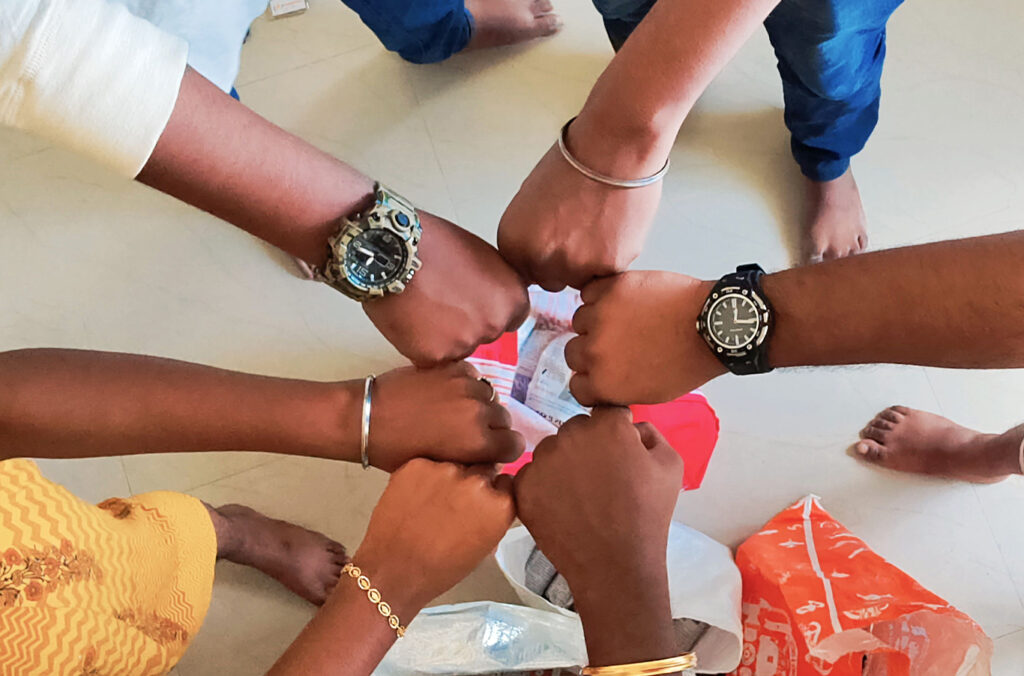Within the Tamil literature, the film “தமிழ் இலக்கியத்தின் திசை வழி” is particularly noteworthy since it pays homage to the unwavering perseverance of female writers, particularly those hailing from underprivileged areas. In addition to highlighting these women’s accomplishments, the documentary also emphasizes the larger idea of women’s emancipation via literature. The story of Bama, a trailblazing Dalit writer whose works have been crucial in shattering stereotypes and breaking down barriers, is at the heart of this story.
Bama: A Beacon of Strength
Bama’s writing career is a tribute to the bravery and tenacity of women who dare to speak their truths in the face of hardship. Her landmark work, “Karukku,” an autobiographical book that delves at the nexus of gender oppression and caste, was released in 1992. Bama delivers a moving analysis of the social institutions that support injustice by her honest depiction of her personal experiences with discrimination.
“Karukku” was innovative not only because of its subject matter but also because of its direct language use and unadulterated emotional impact. Bama made a bold break from the more elitist traditions of Tamil writing by choosing to write in a way that was understandable and approachable to the general public, especially the Dalit population. With the intention of reclaiming the narrative and giving the silenced a voice, this decision was made with intentional empowerment in mind
Literature as a Tool for Empowerment
The documentary highlights how Bama’s efforts have a wider impact on Women’s empowerment. Bama’s writings subvert the prevalent patriarchal and casteist myths by showcasing the real life experiences of Dalit women. This provides an uplifting and revolutionary alternate view pointer writings inspire women to proudly own their identities and to speak out against oppression.
In “தமிழ் இலக்கியத்தின் திசை வழி,” Bama talks on the value of perseverance and fortitude.She endured a great deal of opposition and criticism, but she never wavered in her resolve to write about the realities of her community. Her experienceservesas a potent reminder of the usefulness of literature in promoting equality and social justice.
The Legacy of Dalit Women Writers
The accomplishments of other Dalit women writers who have pursued similar careers as Bama are also examined in the documentary. Through their writing, these authors persist in questioning established conventions and advocating for their entitlements. Through illuminating their narratives, the film honours their bravery and tenacity, reiterating the thesis that literature is an essential instrument for women’s liberation.
In addition to enhancing Tamil literature, the representation of Dalit women’s voices in it also acts as a catalyst for social change. It gives women from underrepresented groups the confidence to see themselves represented and to hold out hope for a brighter future.
Conclusion
“தமிழ் இலக்கியத்தின் திசை வழி” is an engrossing examination of the transforming potential of literature in the struggle for women’s emancipation. The documentary underscores the vital role that women play in constructing cultural narratives and campaigning for equality by highlighting the accomplishments of writers such as Bama. It gives women everywhere hope to keep up the battle for their rights and to use their voices to make a difference.



